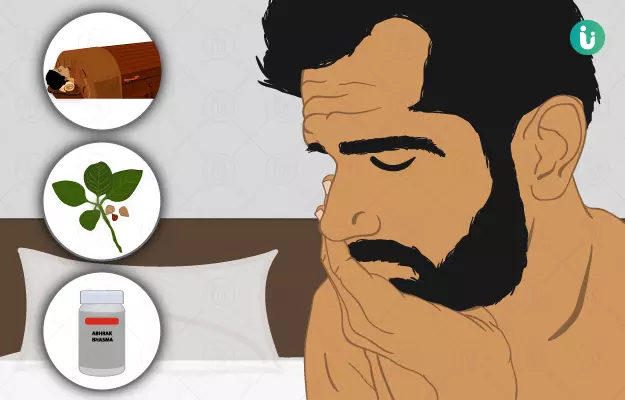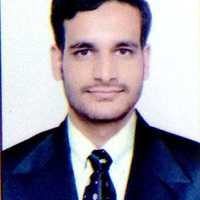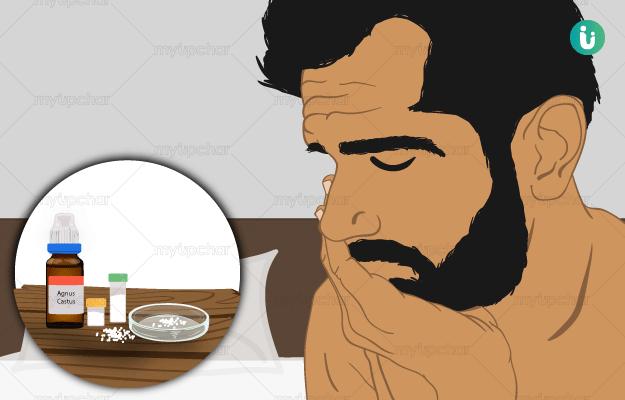Spermatorrhoea is a condition characterised by involuntary ejaculation even in the absence of sexual activity. It may occur in the waking state during the day or at night while sleeping/dreaming. It is considered a pathological condition if a person experiences spermatorrhoea more than three times a week along with dizziness, insomnia, weakness in the lower back and legs, and low energy levels. Excessive sexual activity, masturbation, emotional imbalance and alcohol consumption are some of the causes of spermatorrhoea.
Spermatorrhoea is known by the term dhat syndrome in Ayurveda, which translates to semen-loss syndrome. According to Ayurvedic experts, semen is a vital element in the body and excessive fluidity is an indication of semen loss. Dietary changes and herbal treatments are promoted for the treatment of reproductive system diseases like spermatorrhoea. Panchakarma (five therapies) methods of basti (enema) and snehana (oleation) help treat spermatorrhea by bringing balance in the vitiated shukra dhatu. Herbs like ashwagandha (Indian ginseng), bala (country mallow) and guduchi (heart-leaved moonseed) along with herbal formulations like abhrak bhasma are used as Ayurvedic remedies for spermatorrhoea.





















